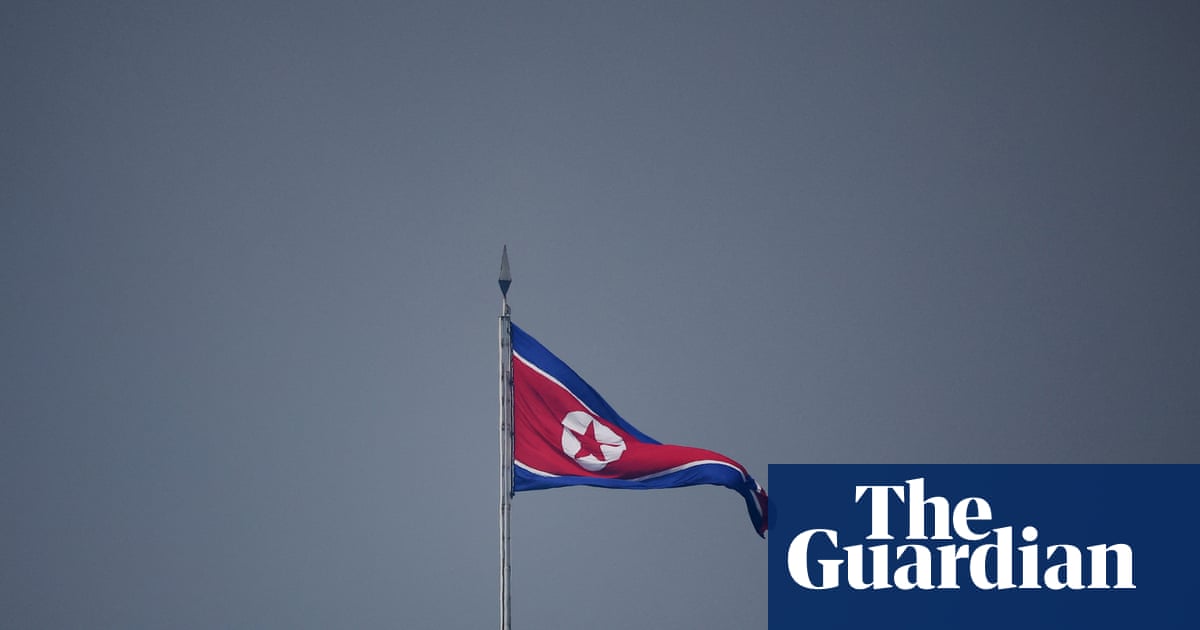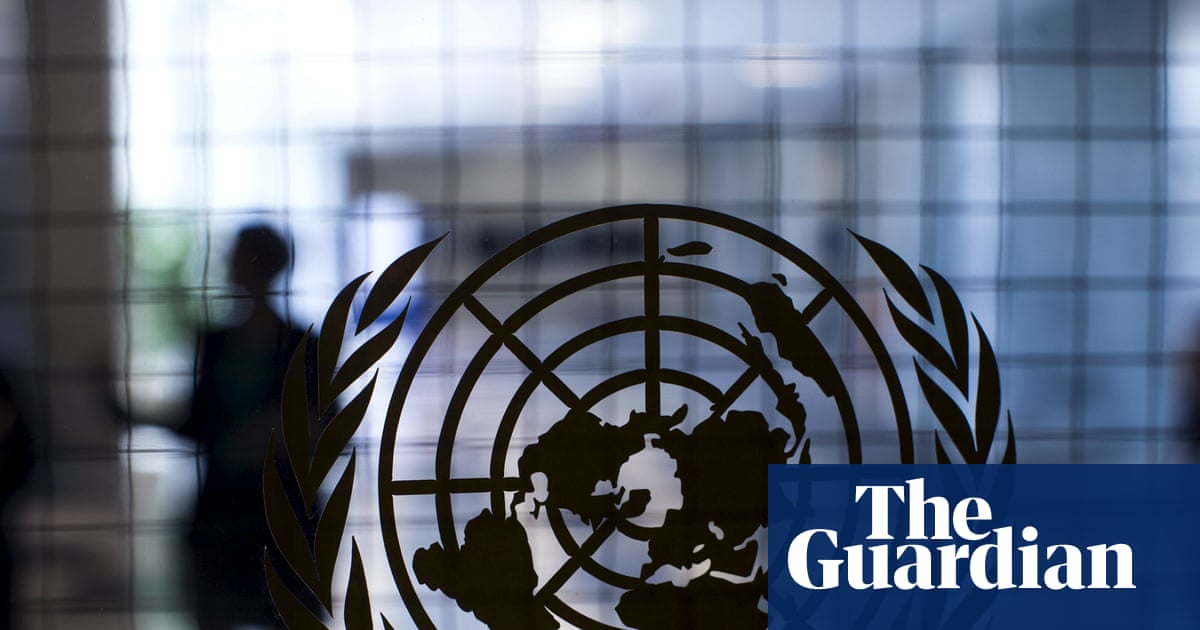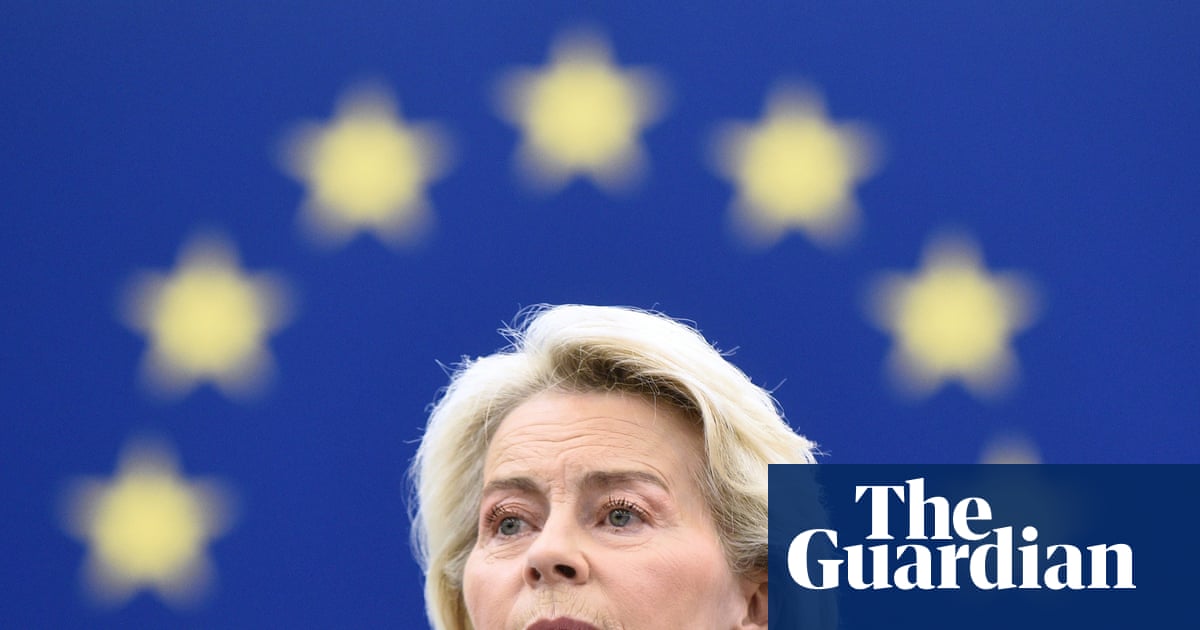A Hungarian law banning content about LGBTQ+ people from schools and primetime TV has been found to violate basic human rights and freedom of expression by a senior legal scholar at the European court of justice.
The non-binding opinion from the court’s advocate general, Tamara Ćapeta, issued on Thursday, represents a comprehensive demolition of the arguments made by the Hungarian government defending its so-called childprotection law, passed in 2021.
The legislation, which has been likened to Russia’s infamous “gay propaganda law”, means that gay and transgender people or themes cannot feature in school educational material or any TV show, film or advert shown before 10pm.
In a resounding opinion, Ćapeta wrote that the law was not based on any scientific proof but a value judgment or – backing a position presented by the European parliament to the court – “a prejudice that homosexual and non-cisgender [transgender] life is not of equal value or status as heterosexual and cisgender life”.
Far from protecting children from harm, she concluded, the legislation “expands such harm”.
In her 69-page opinion, she wrote: “The stigmatising effects of the Hungarian legislation, which creates a climate of hostility towards LGBTI persons, may affect the feelings of identity, self-esteem and self-confidence of LGBTI persons.
“Minors who belong to the LGBTI community are especially affected, as the removal of information about LGBTI lives from the public sphere prevents them from realising that their life is not abnormal.
“It also affects their acceptance by their peers, in school or other environments and thus affects their right to a ‘private social life’ as well. Therefore, rather than protecting minors from harm, the contested legislation expands such harm.”
She concluded that Hungary had violated fundamental rights of human dignity, respect for family life and non-discrimination under the EU treaty and charter of fundamental rights.
Ćapeta supported arguments that the law also breached EU commerce and audiovisual laws that prevent governments from imposing restrictions on media companies without a well-founded public interest. The opinion does not bind the court but ECJ judges follow the advocate general in most cases.
The Hungarian government has been contacted for comment.
after newsletter promotion
The European Commission began legal proceedings against Hungary in 2021 after the law was passed. The provisions against LGBTQ+ content were seen as especially stigmatising because they were part of a child protection law targeting child abusers.
The opinion comes as Hungary continues its crackdown on LGBTQ+ rights. Lawmakers in April passed a constitutional amendment that codifies a ban on Pride events and allows authorities to use facial recognition technology to track attenders so they can be fined.
Last month 17 EU member states, including France and Germany, signed a letter organised by the Dutch government condemning Hungary’s anti-LGBTIQ+ legislation and urging Budapest to revise these measures.
Many of those member states, 16, as well as the European parliament, joined the European Commission’s case against Hungary on the law banning LGBTQ+ content.

 3 months ago
59
3 months ago
59

















































